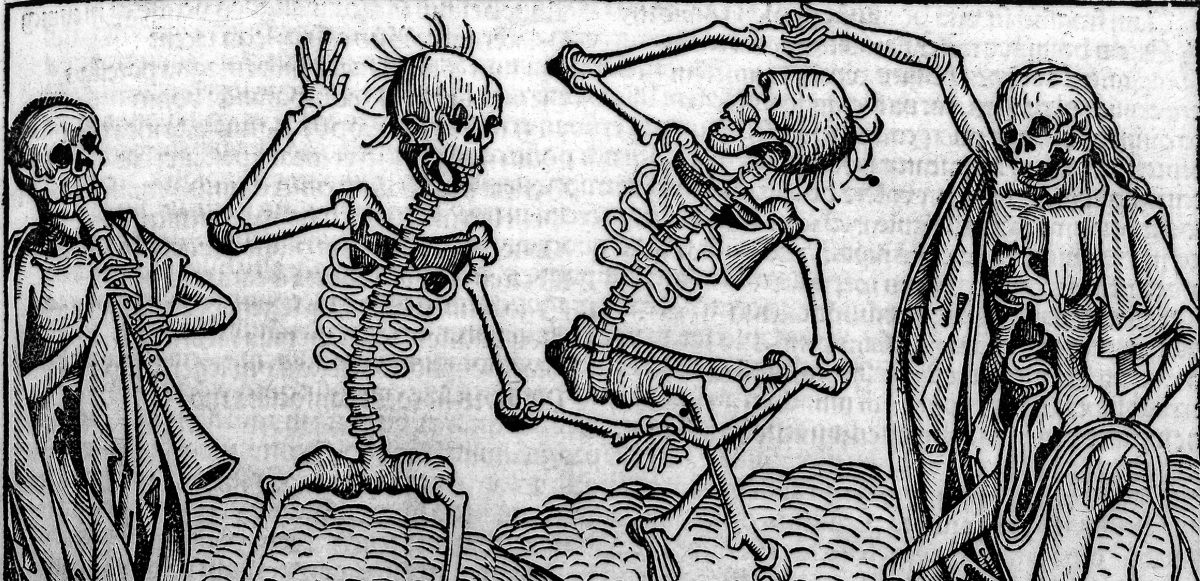 This post comes with apologies for my not having posted anything last week. I was giving a rather fun lecture on Prospero at the Rose Playhouse, Bankside: a fantastic archaeological trust that also manages to be a working theatre (despite not being allowed to have toilets, and having very strict rules against heating). I gave the talk with a skilled and patient actor friend, Suzanne Marie, and pending permissions I hope to make the whole thing available on Sound Cloud.
This post comes with apologies for my not having posted anything last week. I was giving a rather fun lecture on Prospero at the Rose Playhouse, Bankside: a fantastic archaeological trust that also manages to be a working theatre (despite not being allowed to have toilets, and having very strict rules against heating). I gave the talk with a skilled and patient actor friend, Suzanne Marie, and pending permissions I hope to make the whole thing available on Sound Cloud.
With that out of the way, it won’t surprise any of you to know that my thoughts have turned to Christmas. The decorations are up, I’ve started working my way through my gin-themed advent calendar, and the Christmas telly beckons…
Which brings me around to the main point of this post: Ghosts.
I’ve yet to see a culture with no traditions of ghost stories, but the dark nights of Medieval Britain gave birth to an enchanting culture of ghost stories and monstrous tales rivalled only by the great Sagas of the Northern Tradition.
And so, perhaps time has come to look into the Ghosts of Christmas: in the Northern Traditions, in Britain, and in Scotland… Continue reading “Ghosts of Christmas Past: Christmas Ghost Stories, Scandinavian Revenants, and the Medieval Dead in England”




